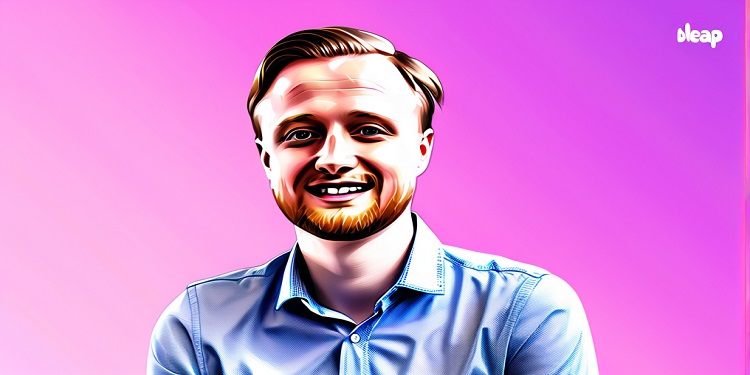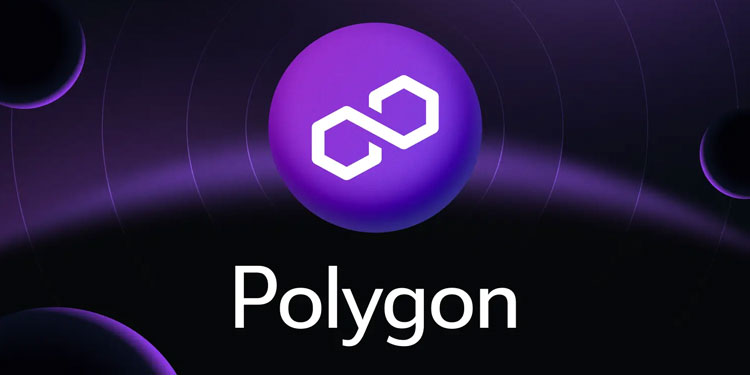 While governments all over the world try to figure out how to handle ChatGPT’s huge success, Push Protocol wants to give the computer program a Web3 makeover that makes it easier to use and safeguards user privacy.
While governments all over the world try to figure out how to handle ChatGPT’s huge success, Push Protocol wants to give the computer program a Web3 makeover that makes it easier to use and safeguards user privacy.
Push Protocol co-founder Harsh Rajat told Decrypt, “Encryption gives privacy, which is essential, and is used by all Web2 messaging, notification, and video platforms that work around the world.” Push does the same thing, but it is based on Web3 ideas, so the government shouldn’t have a problem with it.
Push Protocol started out in 2020 as the Ethereum Push Notification Service on the Ethereum network. Polygon and BNB Chain were added to Push Protocol just last month. Rajat stated that the idea behind Push Protocol and the Push app is to start with a mix of wallet activity and artificial intelligence, which can then be expanded to include chat-based payments and a personalized user experience.
Several countries, like Canada, Germany, and Sweden, are worried about the possible problems with artificial intelligence and how they might affect user privacy. Italy took it a step further and banned ChatGPT totally. Rajat thinks that lawmakers will be more open to Push Protocol’s version of its robot if encryption is used by default.
“By default, all chats are encrypted,” Rajat said, adding that the goal was to make a setting that was fun and full of activity. Instead of giving boring, simple answers, Push tries to make its answers more interesting. In answer to a question about Bitcoin, for example, the dictionary gives a pretty normal explanation before saying, “If you’re lucky enough to own some Bitcoin, you may be one step closer to becoming a crypto millionaire!”
When asked if talks are saved on-chain, Rajat said, “Messages are stored on both IPFS and Push Nodes, which are storage components of Push.” He stressed that the platform uses different security methods for identification and communication. “There’s no reason to make chats public by default since some users’ wallets may be tied to their ENS names and they’d rather keep all of their conversations private,” he said.
IPFS is a peer-to-peer file-sharing network that makes the open web possible. Moralis, BlockTrace, and Coinbase are among the other blockchain companies that want to use OpenAI’s technology.
In February, Coinbase used ChatGPT to automate the due diligence process and find and stop any security risks that could come from selling tokens on the site.








